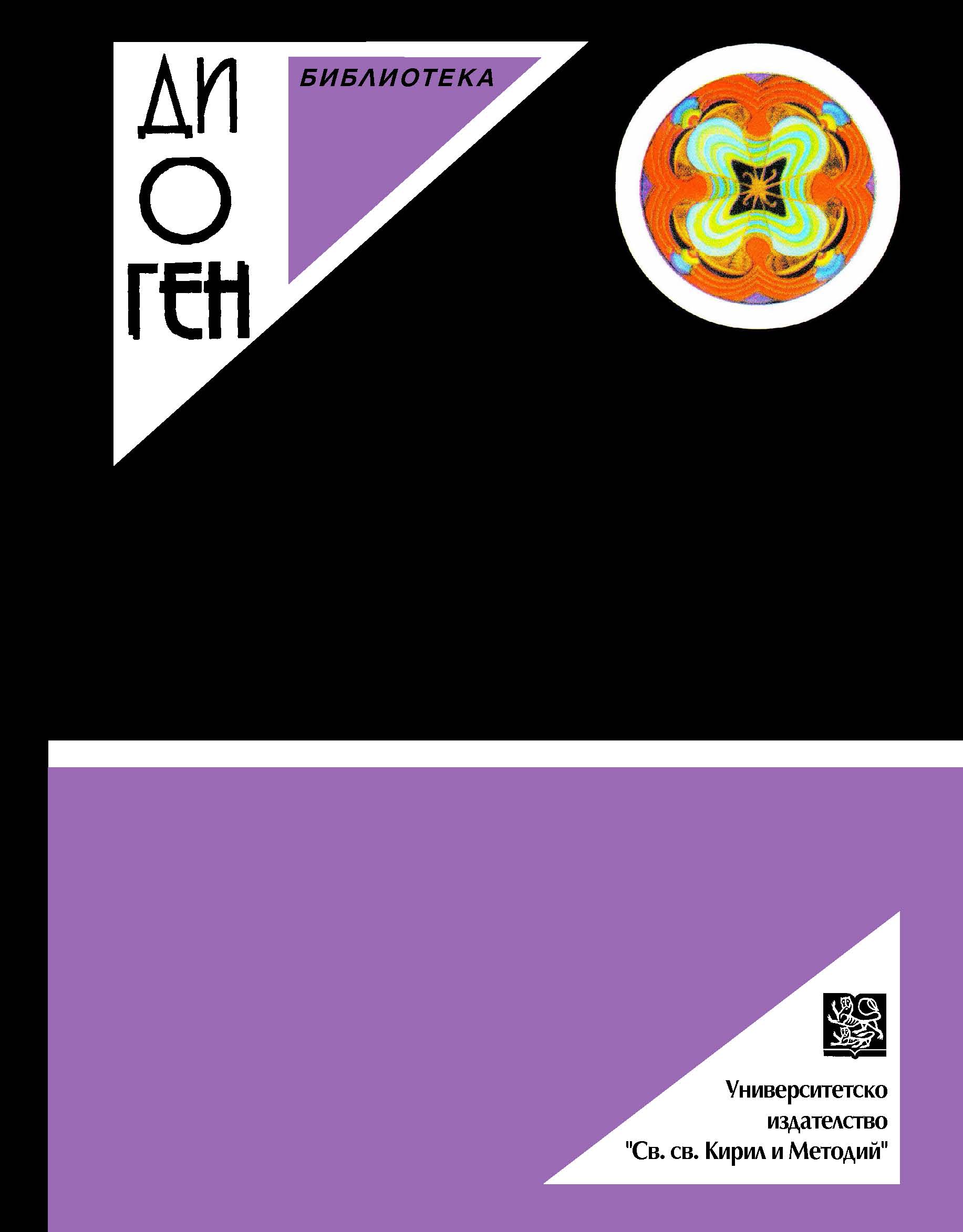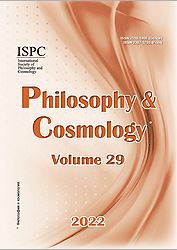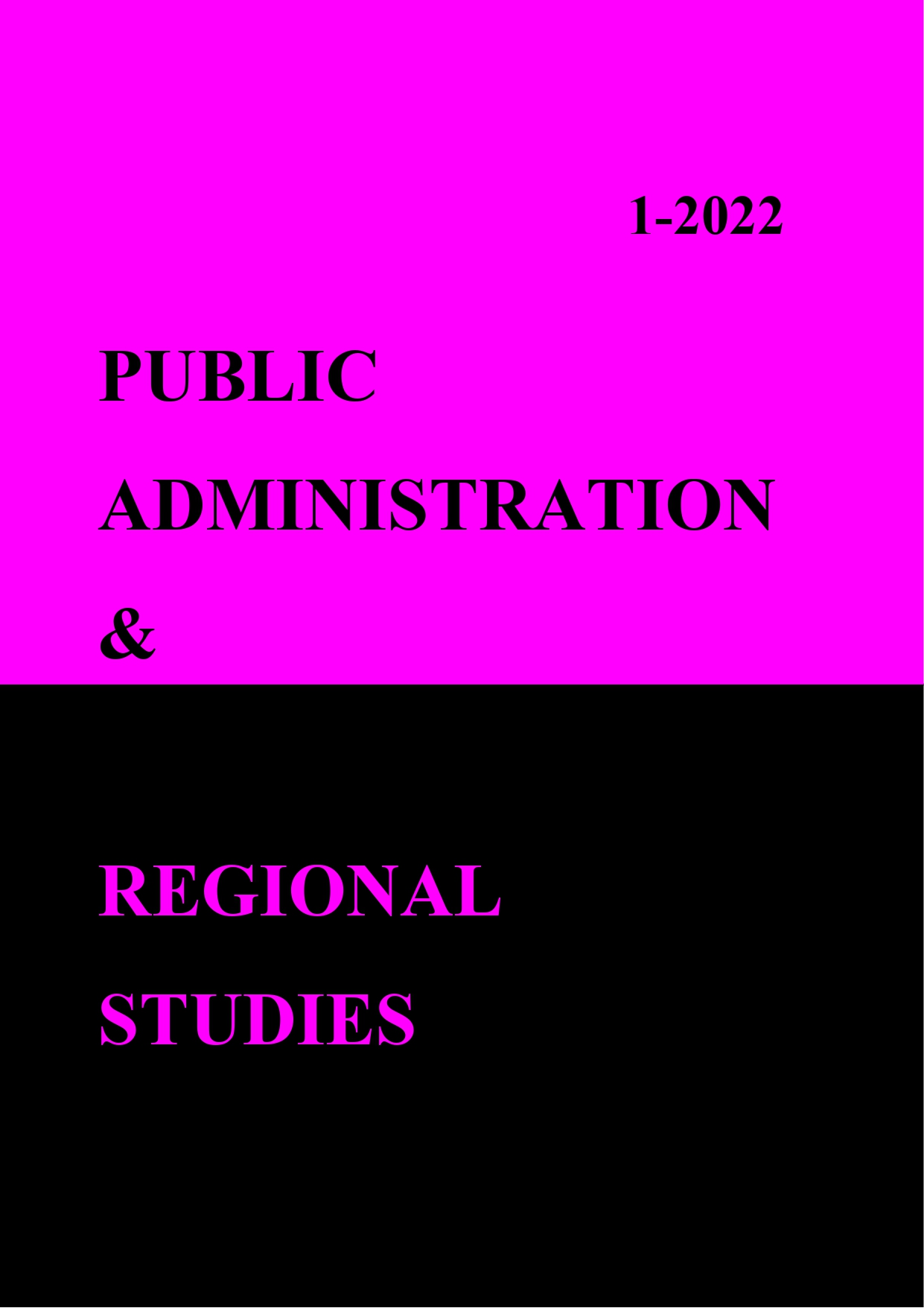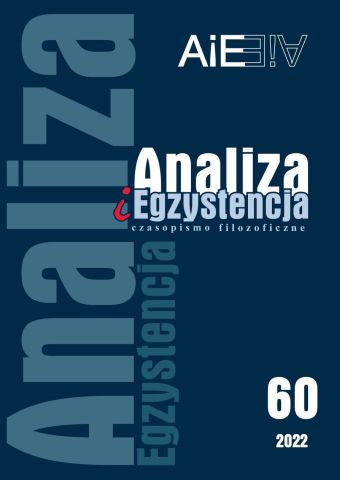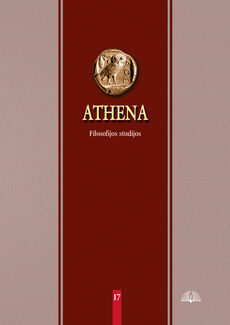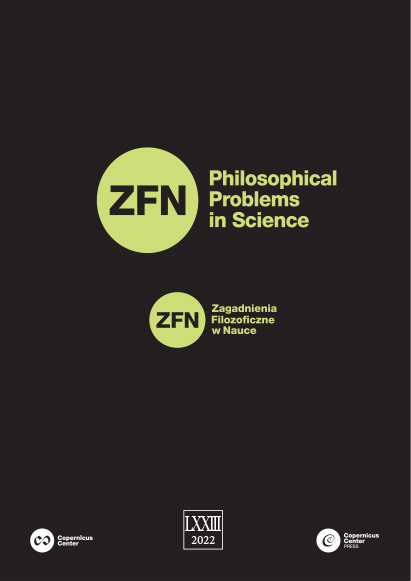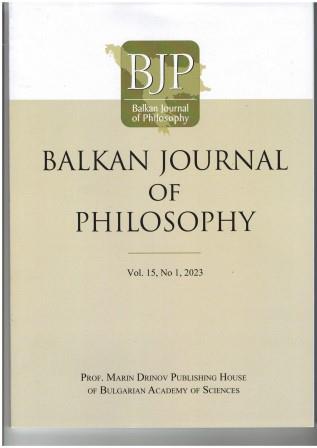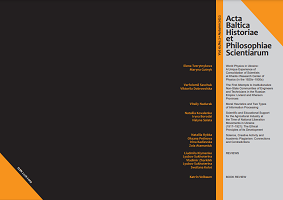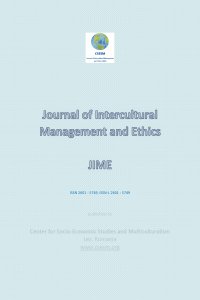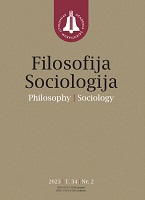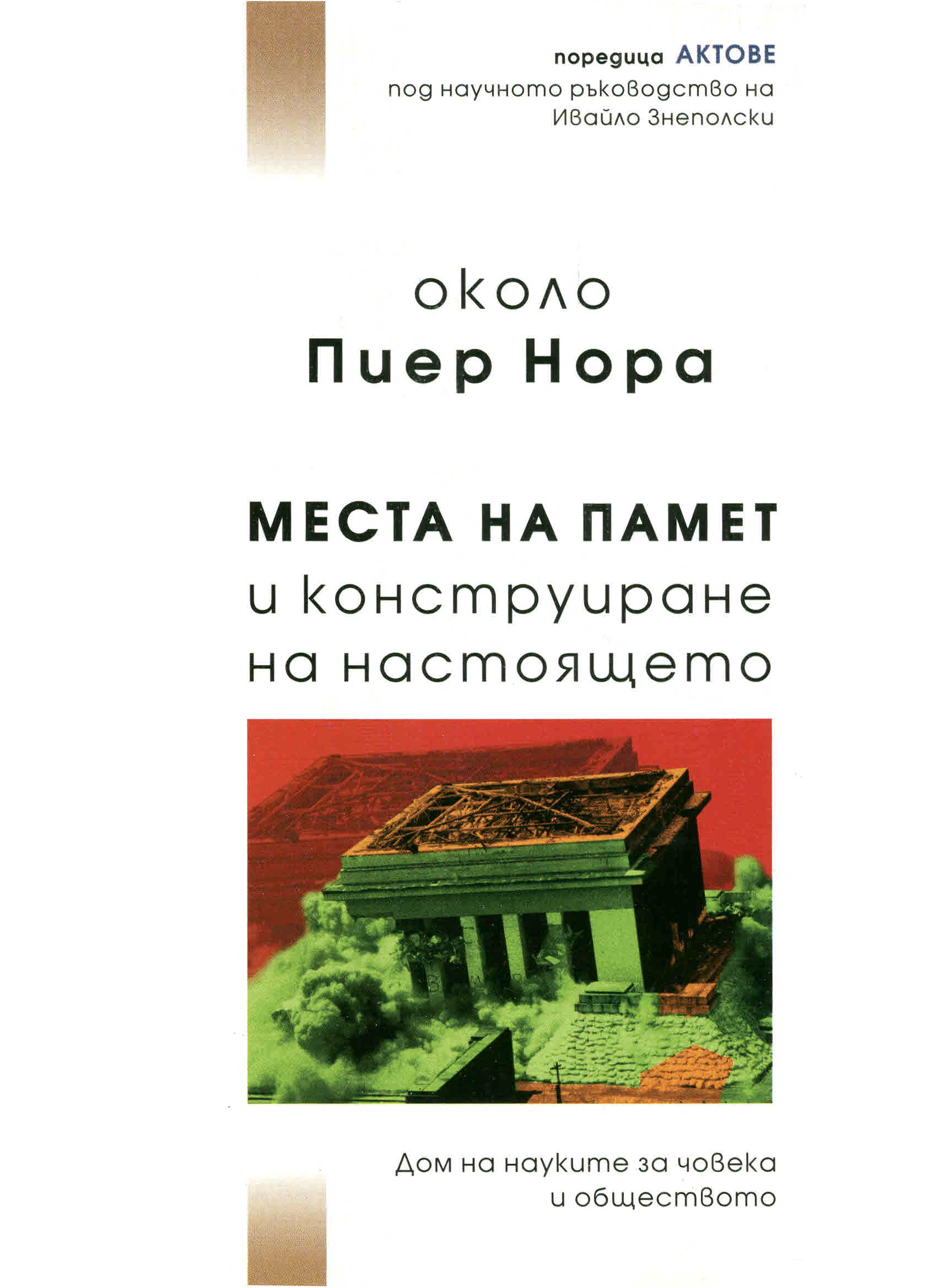Author(s): Yaroslav Sobolievskyi,Liubov Sobolievska / Language(s): English
Issue: 29/2022
In the history of early American philosophy, in its earliest period of Puritanism, there were unique thinkers whose philosophical mindset formed original views on the nature of man and the cosmos. Since antiquity, the history of philosophy has been determined by the degree of relevance of Plato’s teachings. In medieval universities, and later in the universities of the Renaissance, Neoplatonism, in various modifications, had a great influence. The first settlers in the North American colonies were educated people, some having graduated from English colleges; they knew ancient literature and philosophy very well, had read the texts available at that time, and talked about their God-chosen mission through the prism of Biblical history. The purpose of this article is to determine the influence of Platonism with its cosmological doctrine of the creation of the world and of the eternal and unchanging ideas as the prototypes of things in the Puritan philosophy of New England in the 17th century. The syncretic unity of Aristotelianism and Platonism, thanks to the teachings of Peter Ramus, became popular in New England. As a result of the study of primary sources and texts of Puritan thinkers, a search was made for references to Plato or his teachings. In the books of some Puritan philosophers, such as Williams, Ward, Hooker, and others, there are ideas similar to those of Plato. It can be assumed that they were familiar with Plato’s dialogues or with the texts of his commentators. One of the earliest references to Plato in the texts of Puritan thinkers is found in Bradford’s journal ‘Of Plymouth Plantation’ (1651). Also worth mentioning are Stone, Cotton, Mather, Wise and others. All of them were, to varying degrees, familiar with the political, metaphysical, and cosmological teachings of ancient authors. Of the cosmological treatises of Plato, the Timaeus was especially popular, where the process of the creation of the world by the demiurge was described. Space exploration, contrary to popular belief, was present in New England, albeit on a small scale. In addition to philosophy, in colonial America, astronomical observations were made of celestial bodies, stars, the Moon, and comets. During the era of Puritanism in the history of early American philosophy, Platonism was an important philosophical current, and it was to become even more prominent in the following eras.
More...
